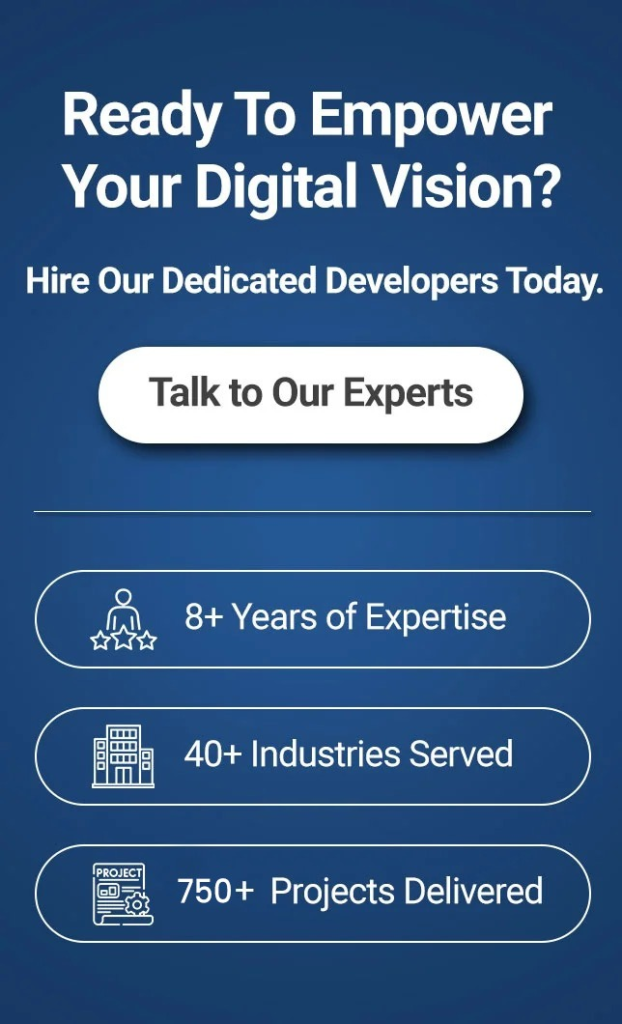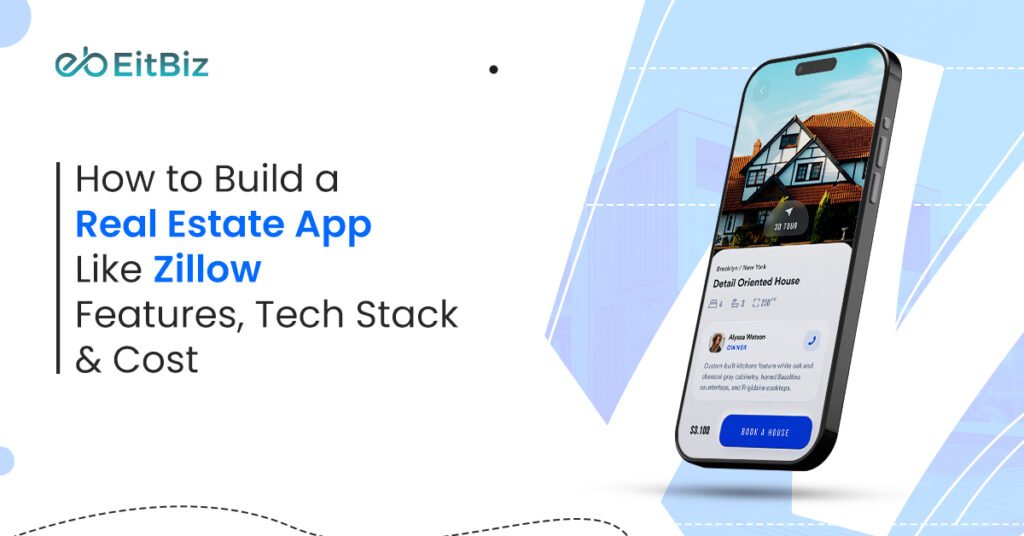iOS vs Android has been debated greatly over the years across the globe. Whether it is iPhone users boasting about their iOS device’s camera quality or Android users bragging about how far their Samsung device can zoom (literally a small periscope). In this blog, we will try to end this debate once and for all. Know which operating system is superior and suitable for your business’ app.
Comparison
Without wasting your time, we are getting straight to the point. Below, we have laid out a long and expressive comparison based on multiple factors. iOS and Android are two major mobile operating systems that power the majority of smartphones and tablets in the market. Here are some points of comparison between iOS and Android apps:
Development Environment
iOS apps are primarily developed using Apple’s integrated development environment (IDE) called Xcode, which runs on macOS. Android apps, on the other hand, can be developed using various IDEs like Android Studio, Eclipse, or IntelliJ IDEA, and they are compatible with multiple operating systems including macOS, Windows, and Linux.
Programming Languages
iOS apps are typically written in Swift or Objective-C programming languages, whereas Android apps are primarily developed using Java or Kotlin. Swift is a relatively newer language, designed specifically for iOS app development, while Java has been used for Android development for many years. Kotlin is gaining popularity as a modern alternative to Java for Android app development.
App Distribution
iOS apps are distributed exclusively through Apple’s App Store, which has strict guidelines and a thorough app review process. On the other hand, Android apps can be distributed through multiple channels, including the Google Play Store, third-party app stores, or direct installation from APK files. Android has a more open app distribution model compared to iOS.
Market Reach
iOS devices, such as iPhones and iPads, have a significant market share globally, but they are generally more prevalent in certain regions like North America and Europe. Android devices, on the other hand, have a larger market share worldwide due to their availability across various manufacturers and price ranges.
User Interface and Design
Both iOS and Android have distinct design guidelines and user interface paradigms. iOS apps typically follow Apple’s Human Interface Guidelines (HIG), focusing on a minimalist and consistent design. Android apps adhere to the Material Design guidelines provided by Google, which emphasize a visually appealing and interactive interface.
Fragmentation
Android is known for its device fragmentation, with numerous manufacturers offering devices with different screen sizes, resolutions, and hardware capabilities. This can make Android app development more challenging, as developers need to ensure compatibility across a wide range of devices. iOS, on the other hand, has a more controlled ecosystem with a limited number of device models, making it easier to optimize apps for specific hardware.
Monetization Options
Both iOS and Android offer various monetization options for app owners, including paid apps, in-app purchases, subscriptions, and mobile advertising. However, due to the larger user base on Android, some businesses find it easier to generate revenue from ads or in-app purchases on the platform.
Conclusion
The choice between Android and iOS app development depends on several factors, such as target audience, market considerations, development preferences, and business goals. Many developers choose to release their apps on both platforms to maximize their reach and user base. If you are looking to grow your business by leveraging the large consumer base of Android or the security of iOS, or want to get your app built that works on both platforms, EitBiz will be the best mobile app development agency for you. Reach out to our team of experts, and get your mobile app development project started.
Author
-

Vikas Dagar is a seasoned expert in the field of web and mobile applications, boasting over 14 years of experience across a multitude of industries, from nimble startups to expansive enterprises. Visit Linkedin
View all posts



![Laravel Development: Cost Breakdown, Essential Tools & FAQs [2025 Guide]](https://www.eitbiz.com/blog/wp-content/uploads/2025/04/Laravel-Development-1024x536.jpg)


